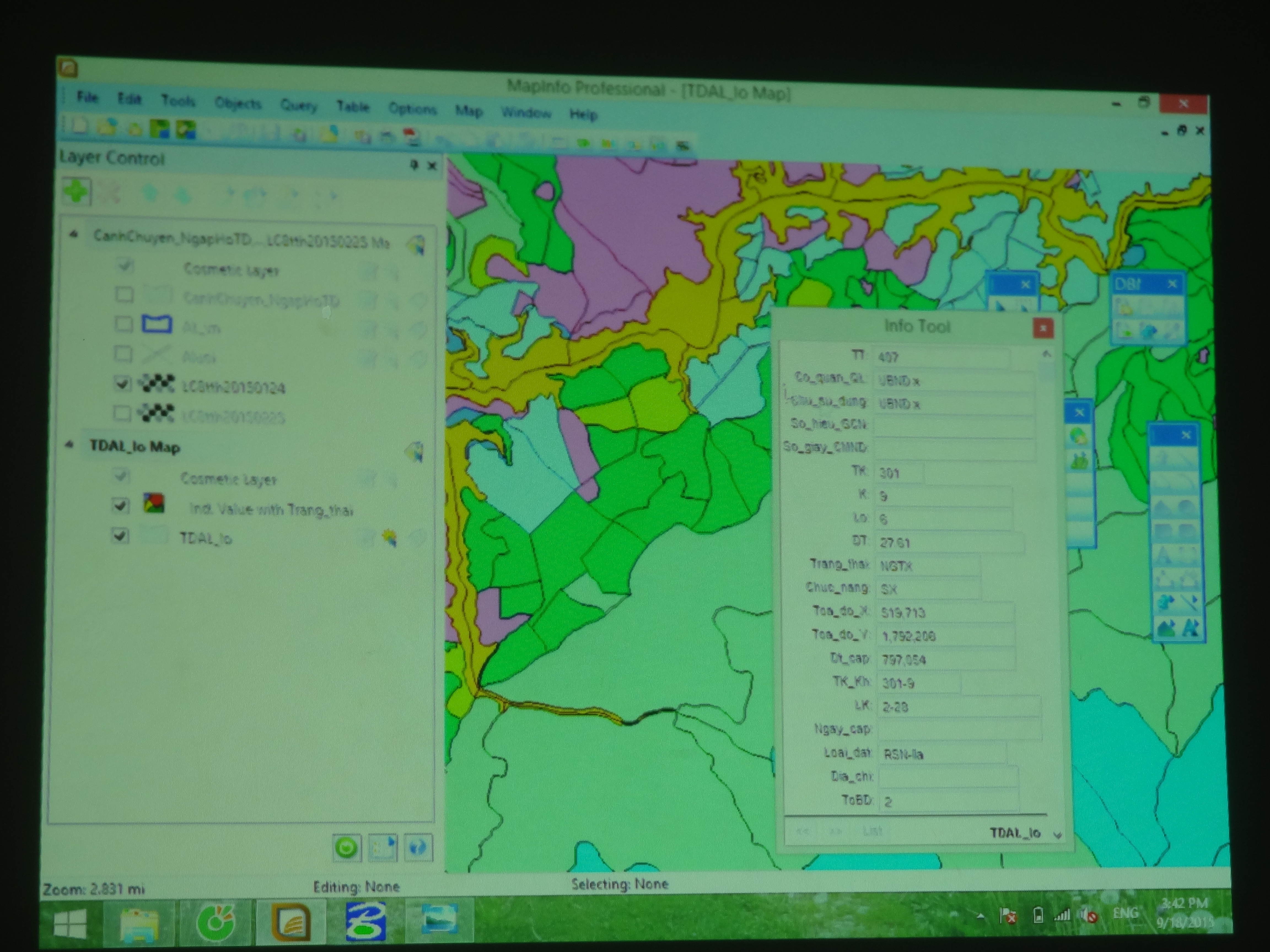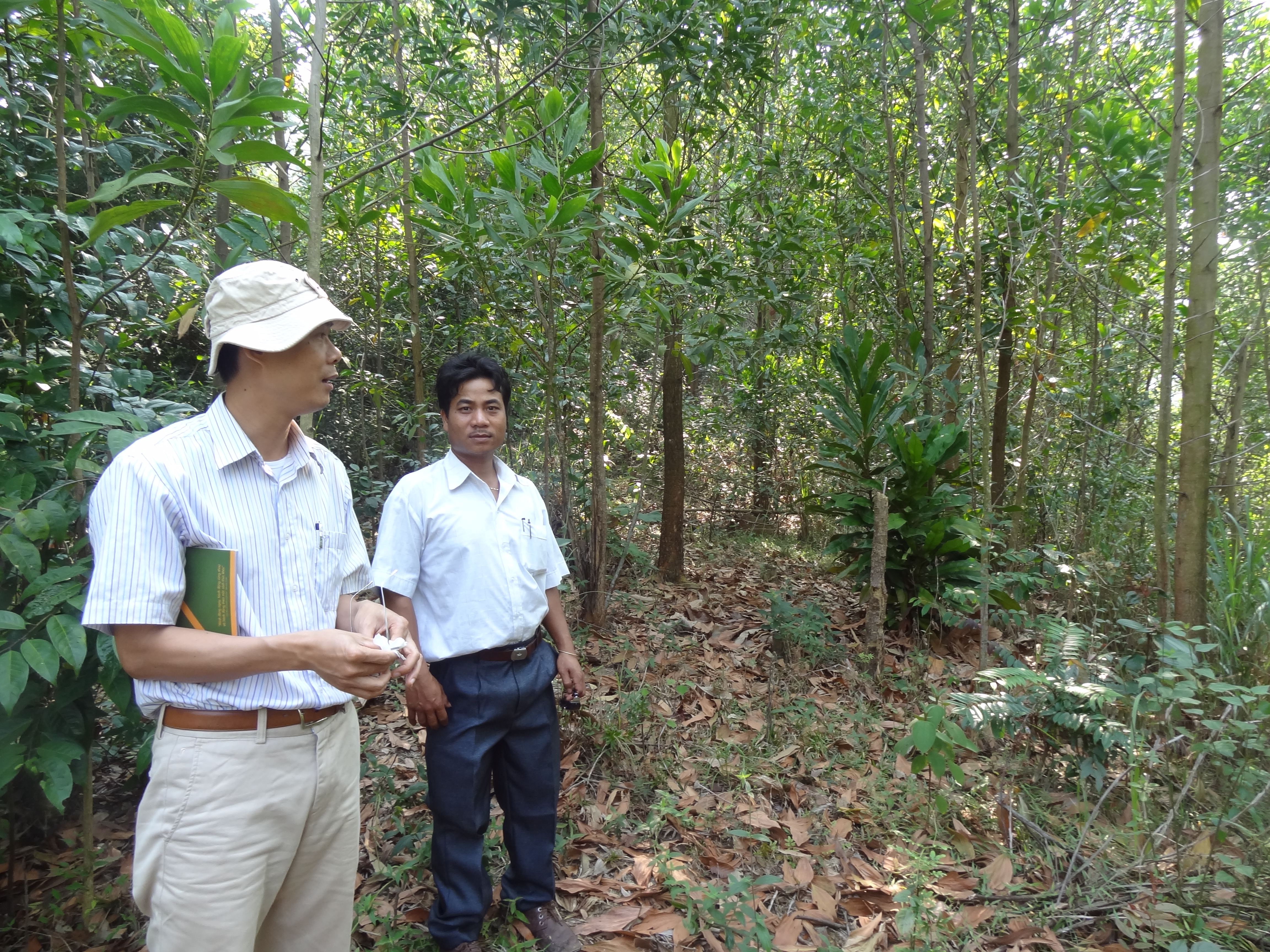- Project Leader : Ubukata Fumikazu (Okayama University, Graduate School of Environmental and Life Science)
- Collaborators : Hyakumura Kimihiko (Kyushu University, Institute of Tropical Agriculture)
- : Naito Daisuke (Kyoto University, Center for Southeast Asian studies)
- : Samejima Hiromitsu (Institute for Global Environmental Strategies)
- : Truong Quang Hoang (Hue University of Agriculture and Forestry Center for Rural Development in Central Vietnam)
- : Kobayashi Satoru (Kyoto University, Center for Southeast Asian Studies)
Outline of Research
This study reexamines the commodification of nature in Southeast Asia, with a special focus on “new” trends in commodification schemes, namely capitalization and financialization processes that are more or less related to the “neo-liberalization of nature.” We pay special attention to the role of (natural and social) agents that promote or inhibit the above-mentioned “new schemes”. Through this study and active communication with Southeast Asian scholars, we aim to draw out how societies and nature are mediated by the recent commodification processes in the region. The project leader will stay at the Kyoto University Bangkok office from July to September 2017 in order to develop an academic network.
Description
It is widely observed that nature in Southeast Asia has been rapidly commodified in line with modernization. Some also believe that this has fundamentally transformed the relationship between society and nature in the region. For instance, high-value natural resources such as oil, tin, timber and forest products have been strategic for colonial and national economies and the subsequent creation of fundamental political and economic institutions. At the same time the commodification of some agricultural products, such as rubber and palm oil, has involved local people in global commodity chains.
Further, reflecting the recent pro-market and pro-environment debates in the international arena, some policymakers and businesses are eager to introduce new commodification schemes (for example asset capitalization, environmental certifications, and carbon markets) with the intention to create a “win-win” situation between development and the environment.
In Southeast Asia, we can thus observe different phases and processes of the commodification of nature. How can we understand this “parallel” situation? Can we see a sustainable future through these “new” commodification schemes? Do these processes involve some peculiar aspects in the shaping of social-environmental relationships in the region? To date, relatively few studies integrate these new trends within the regional historical context.
By comparing these new commodification schemes with “conventional” commodification of nature in the region, this study therefore explores the variation in commodification processes in contemporary Southeast Asia, focusing on the role of (natural and social) agents that promote or inhibit the above-mentioned “new schemes”.
Through these research activities, we expect the following results: (1) Further historical understanding about human-nature relationships in Southeast Asia, (2) Further classification of the role of institutions and science and technology in mediating the transformation of the humannature relationship in the region.
In the fiscal year 2017, the project leader will stay at the Kyoto University Bangkok office from July to September 2017. We expect to hold an international meeting in Bangkok during the period in order to develop an academic network.


